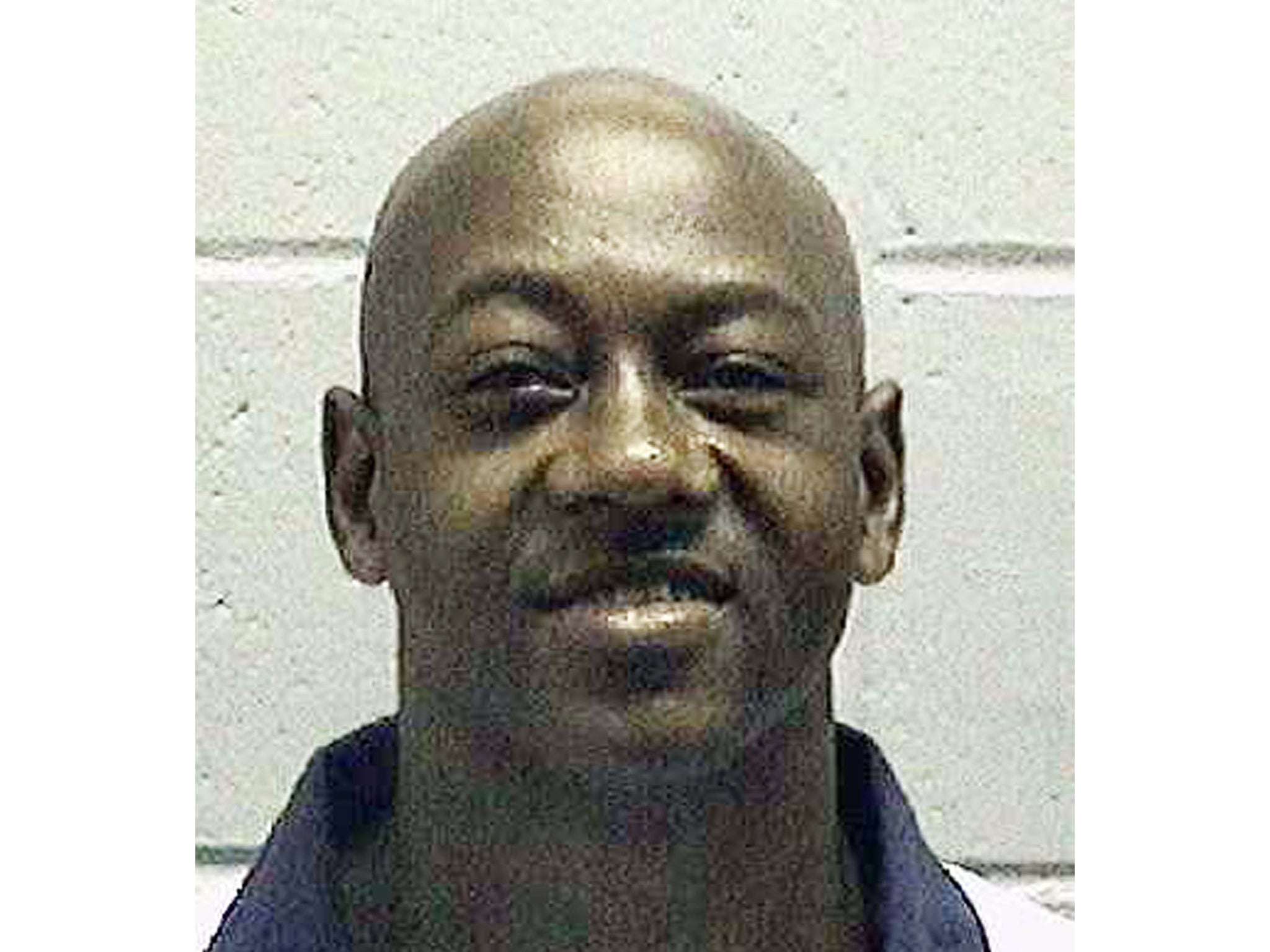Black man sent to death row by all-white jury has sentence thrown out by Supreme Court
The ruling comes almost three decades after the jury sentenced Timothy Foster to death

The Supreme Court has thrown out a death sentence given to a black man by an all-white jury, because Georgia prosecutors kept African-Americans from jury selection.
In the 7–1 ruling on Monday, justices ruled in favour of Timothy Tyrone Foster, who was convicted of killing an elderly white woman three decades ago. Chief Justice John Roberts wrote that the court determined prosecutors went against the court’s 1986 decision in Batson v Kentucky that laid out rules against racial discrimination in the jury selection process.
“The focus on race in the prosecution's file plainly demonstrates a concerted effort to keep black prospective jurors off the jury,” Mr Roberts said.
Mr Foster’s defense obtained jury selection notes by the prosecutors through an open records request, USA Today reports. During the selection process, the notes showed the highlighted names of black prospective jurors who had circled “black” on questionnaires. They were identified as “B#1”, “B#2”, and “B#3”. The remaining black jurors were ranked on the top of a list labeled “definite No’s”, according to the report.
Justice Clarence Thomas, the Court’s only black justice, was the only dissenting voice.
“Foster's new evidence does not justify this court's reassessment of who was telling the truth nearly three decades removed from voir dire,” Mr Thomas wrote.
Mr Foster will now have a chance to receive a retrial. During the original trial, the Associated Press says, his defense did not contest his guilt, but instead attributed it to a troubled upbringing, mental illness, and drug abuse.
They objected to the lack of black jurors at the time, but the trial judge had said they were chosen based on factors other than race.
Join our commenting forum
Join thought-provoking conversations, follow other Independent readers and see their replies
Comments